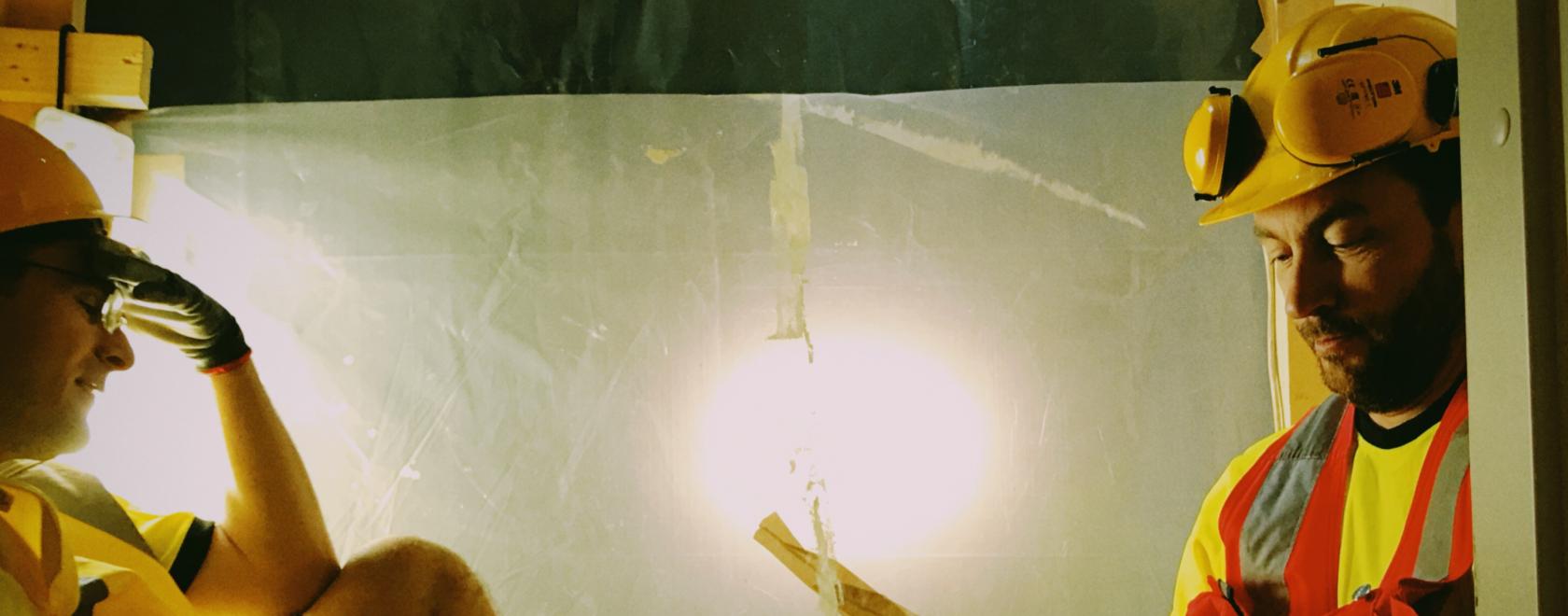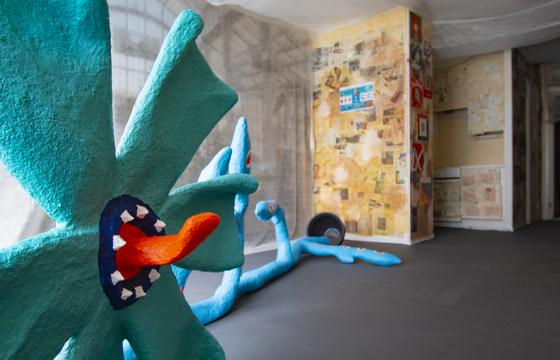
The Finnish Cultural Foundation’s Art² grant is aimed at facilitating the provision of high-quality art productions to the public. The grant is intended specifically for exploring methods by which productions of a high artistic level can reach broader audiences. This can be done by creating new models for collaboration between the non-subsidised art field and existing institutions, by improving upon existing productions or, for example, by organising tours that reach a wider audience. The grant is meant for artistic institutions and registered associations.
These five projects were awarded the Art² grants in the August 2019 round:
- Arts Management Helsinki
- European theatre collective association
- Poetry Society Nihilit Interit
- Finnish Cultural Institute for the Benelux
- Uusinta Ensemble
Collaborative theatre between immigrants and locals
With the Art² grant the international European Theatre Collective is initiating a three-year performing arts project that will give voices and faces to the fast-growing immigrant population of Helsinki and Finland as a whole. The objective is to achieve a permanent performance space called New Theatre Helsinki (NTH), which will offer multiform intercultural art.
“The operating plan is adaptable in that the space could be established entirely independently, or in conjunction with an existing performing arts space,” explains the project’s leader, actor and director David Kozma.
The project’s aims include gathering all of the necessary resources, including the artists themselves as well as support personnel who will look after audience interaction, communications, marketing, finances and technology. Kozma also has his sights set on the Ministry of Education and Culture, which decides on government subsidies to theatres.
"Many of them live in an interim state. They are not in direct contact with their own culture but are not immediately admitted into the new culture, either."
The Helsinki Metropolitan Area is home to more than 200,000 people with a mother tongue other than Finnish or Swedish. They represent more than 200 languages and a huge range of cultural backgrounds. The number of citizens of foreign origin is forecast to double in the area, making up a quarter of the population by 2035.
“Many of them live in an interim state. They are not in direct contact with their own culture but are not immediately admitted into the new culture, either. In this way what they draw from their own and the new homeland’s traditions forms a third culture: Finland’s own culture,” Kozma says.
David Kozma is himself familiar with the interim state: the Romanian-Hungarian came to Finland for the Tampere Theatre Festival with the Andrei Mureşanu Theatre in 2005, and stayed.
The great population change has not been evident in the theatre business. “It would seem natural for the perspectives of the new arrivals and new artists to be visible in the Helsinki City Theatre. That has happened for example in Berlin’s Gorki Theatre,” Kozma says.
Even without its own New Theatre Helsinki space, the European Theatre Collective is currently producing a series of performances entitled Invisible Finland. It draws attention to professional groups with large proportions of international workers.
The construction industry, for example, has many people who are employed by subcontractors and shift from one building site to another. Many speak no Finnish at all. The performance “The Builders” was based on interviews conducted by Kozma, the Swedish-speaking Finn Nina-Maria Häggblom and the Estonian Piret Jaaksi. “We hope to carry on with similar collaborations between people from diverse backgrounds,” Kozma explains.
The next instalment will be “Drivers”, in December. It is a monologue based on stories told to a group of writers by tram and bus drivers, as well as food delivery riders.
